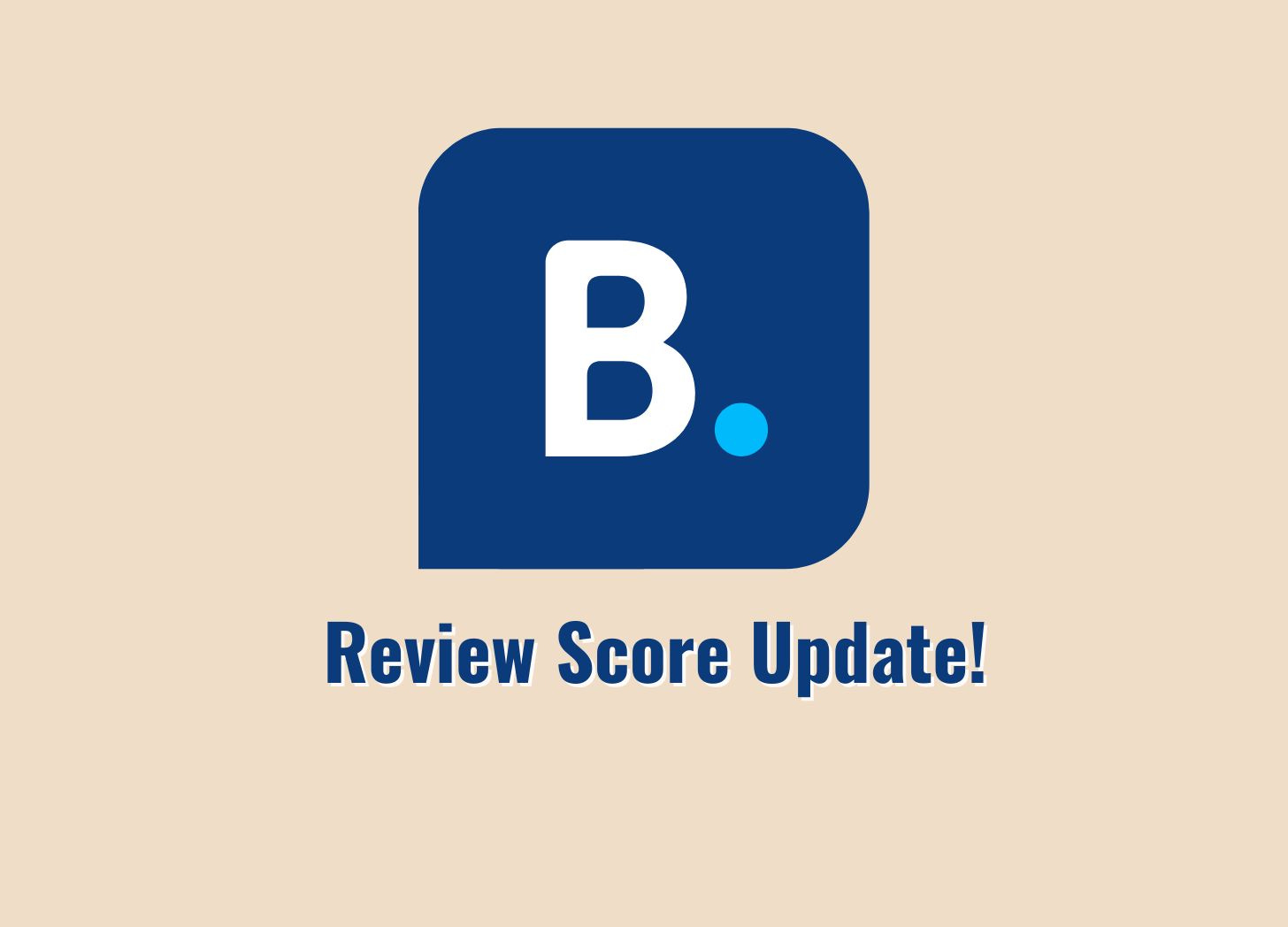Booking.com Just Changed the Rules (Again)
Recent reviews now shape your score more than ever. Here’s what that means—and how to use AI to keep your listing on top.
Let’s be real. Nobody loves chasing OTA updates, but this one? You can’t afford to ignore it.
Booking.com has quietly changed how it calculates your guest review score. The twist? It’s all about what your guests said most recently. Not last year. Not the guest who left a glowing five-paragraph essay in 2022. Your latest stays are now pulling most of the weight.
So if you’ve been riding high on a 9.6 from “back when things were quieter”? Time to check in with the present.
And no, this isn’t just something hotels need to worry about. In fact, short-term rentals, vacation homes, and boutique properties are right in the middle of it.
What changed—and why you should care
Booking.com now prioritizes recent reviews in your overall score. This means:
A couple of mediocre stays can lower your ranking fast
Your score is now more of a “what have you done for me lately” report card
Visibility in search results is directly tied to this new score
Guests are influenced by numbers. And Booking.com knows it. That’s why your most current reviews now have the biggest say in where your listing appears.
This is not a hotel problem—it’s a your problem
STRs now make up one-third of Booking.com’s total bookings. In 2024, the platform handled more than 400 million nights at short-term rentals. That's not a side hustle. That’s the main stage.
So if you're thinking, "Well, I’m just a cozy little beach bungalow” or “We’re more of a glamping thing, this doesn’t apply to us”—it absolutely does.
You’re in the mix with hotels now. On the same page. In the same results. And being judged by the same review system.
What to do (before your score slips)
This isn’t a panic moment. It’s a pay-attention moment. Here’s where to focus:
1. Read your most recent reviews. Look for patterns—confusing instructions, temperature complaints, clunky check-in. Fix what you can.
2. Reply like a human. No generic templates. Show you’re listening and willing to improve. Future guests are watching.
3. Ask for reviews at the right time. When the stay is fresh and the glow is still there. A quick, kind nudge works.
4. Update your pre- and post-stay messaging. Clear communication prevents a lot of avoidable complaints.
Let AI take a few things off your plate
You’re busy. Here’s how AI can help you stay sharp without drowning in detail:
Scan guest reviews in seconds
Paste them into ChatGPT or Claude and ask for feedback trends. You’ll spot issues faster than reading line by line.
Write better responses faster
Prompt idea: “Reply to a guest who gave an 8/10 and mentioned the water pressure but loved the location.” Personalize and go.
Improve your guest messaging
Ask AI to write helpful, friendly templates for arrival notes, check-out reminders, or Wi-Fi instructions. Save them. Reuse them. Done.
Brainstorm little moments that matter
Ask for 10 simple ways to delight your guests on arrival. You’ll get ideas that cost almost nothing but make your place memorable (and review-worthy).
This isn’t about sounding robotic—it’s about using tools that help you stay responsive, thoughtful, and five steps ahead.
Booking.com changed the formula.
But the heart of hospitality hasn’t changed at all.
Great guest experiences still win. But now, the feedback shows up faster, hits harder, and shapes your future bookings more than ever.
And if you’re using AI to help you focus on what guests actually feel and remember? Even better.



